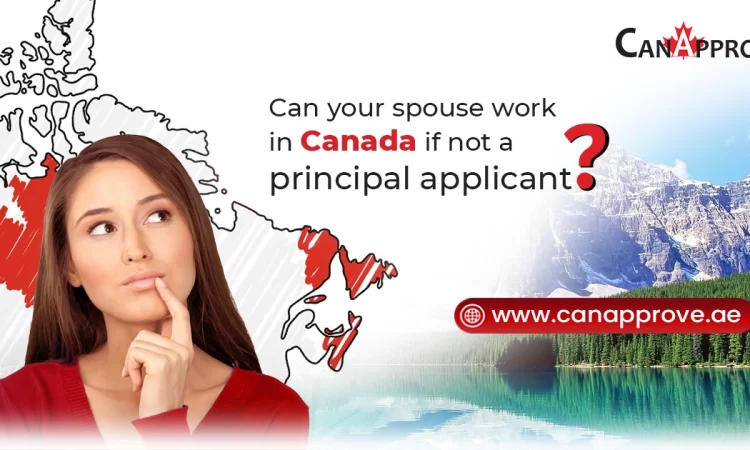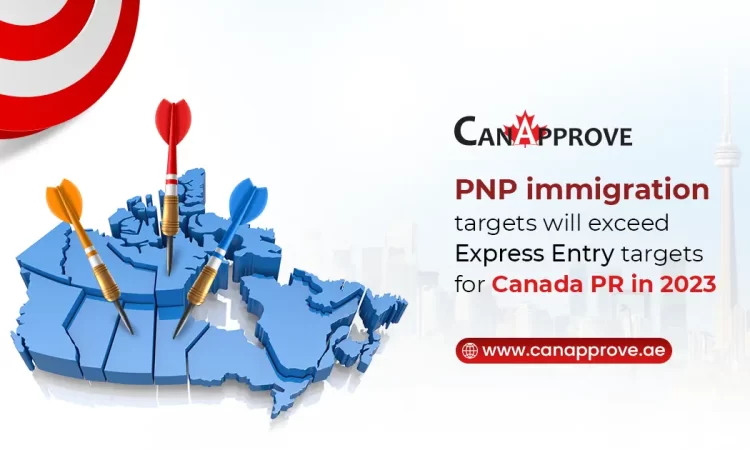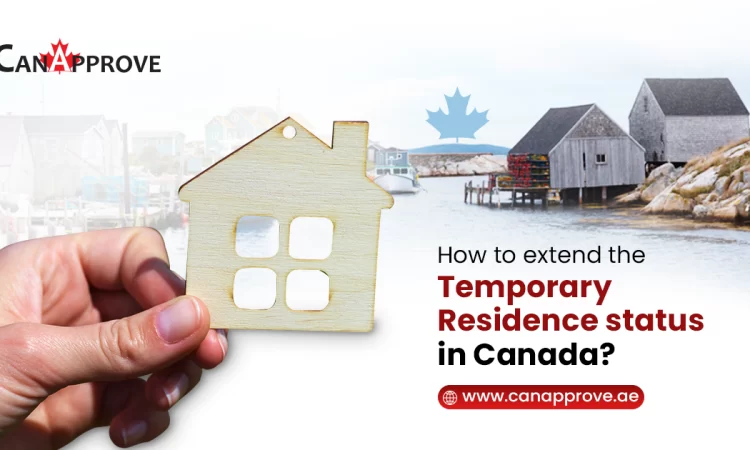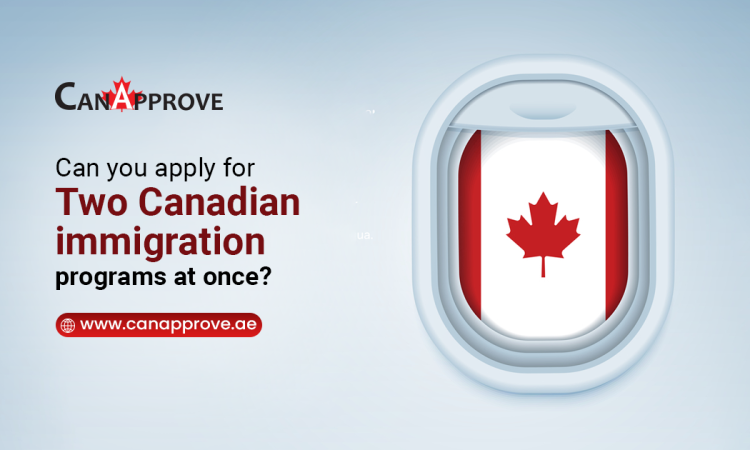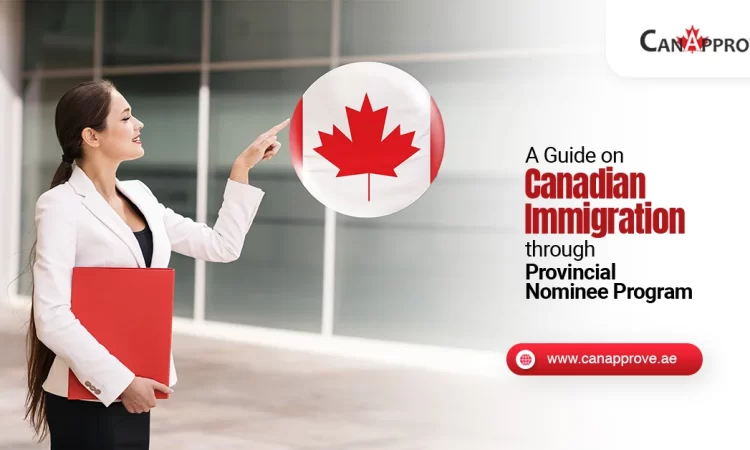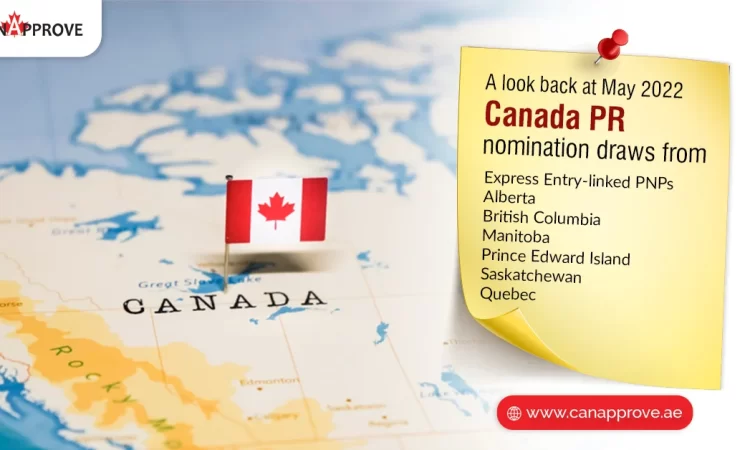Immigration in Canada means obtaining Canadian permanent residency (PR).
Immigration, Refugees, and Citizenship Canada (IRCC) uses the Express Entry system to manage applicants for three distinct immigration programs: the Federal Skilled Worker Program (FSWP), the Federal Skilled Trades Program (FSTP), and the Canadian Experience Class (CEC).

Any skilled worker with enough work experience can directly apply for Canadian permanent residency in Canada under FSWP without a job offer or Canadian experience. Canada has had a high success rate under the FSWP category since the launch of the Express Entry system in 2015.
On the other hand, international students and other temporary residents are retained in Canada as permanent residents under CEC. Various reports have shown 85% retention of permanent residents in Canada.
An international student who wishes to stay in Canada after graduating may do so by completing an extra step: applying for a Post-Graduation Work Permit (PGWP).
PGWP is an open work permit allowing you to work for a Canadian employer for up to three years and no requirement to have a job offer to apply for it. Graduates can use this permit to get the required skilled work experience before applying for the CEC.
How To Apply for Canada PR Under Express Entry?
Qualifying for PR via Canada Express Entry is a two-step process.
- Step1: Here the interested candidates confirm their eligibility for at least one of the three Express Entry programs – FSWP, CEC, or FSTP.
- Step2: Candidates can upload their Express Entry profile onto IRCC’s website. All the registered profiles are then assessed and ranked based on the CRS score.
The qualifying score based on the Comprehensive Ranking System (CRS) is used to identify skilled worker candidates who will be the most successful in Canada’s job market.
Such profiles are evaluated on a total of 1200 points. The human capital criteria like
- age,
- education,
- work experience outside Canada,
- language proficiency in English/French,
- spouse adaptability,
- Canadian study experience, etc. are considered for evaluation purposes.
Take this free assessment online to determine your chances of qualifying.
The Costs of Creating an Express Entry Profile
Note: All prices mentioned here are in Canadian dollars.
1 US Dollar = 1.34 Canadian Dollar
IRCC has an Express Entry application processing fee for a single application is $850.
If you’re applying with a spouse/partner, the application processing fee is doubled to $1,700. Every dependent child will incur a charge of $230.
Further, if the candidates qualify in their bid for Canadian permanent residency, every adult in the application will have to pay an additional Right of Permanent Residence Fee (RPRF) of $515.
Therefore, the total application and qualifying fee under Express Entry is between $1365 (single person applicant) to $2,960 (for a family of three)
Further, there are associated fees to assembling an application (with a myriad number of required documents and official papers).
Documents required to register a Canada Express Entry Profile:
- Passport copy/copy of travel document
- English or French Language proficiency tests
- Proof of Canadian Education or an Education Credential Assessment (ECA)
- A Provincial Nomination Letter (if obtained)
- A written job offer letter from a Canadian employer or proof of work experience or certificate of qualification in a trade occupation (is applicable); and
- Proof of settlement funds (only for FSWP & FSTP candidates who do not have a valid job offer in Canada)
|
Among the mandatory documents, collecting few will attract additional cost:
-
Language proficiency testing
Canadian immigrants accepts two languages: English and French as their official language.
Any candidate is expected to score a minimum proficiency score in order to qualify for immigration.
For pursuing accreditation in English, the following tests can be taken:
- IELTS (International English Language Testing System) testing costs between $302-$311 + tax, depending on what location one is testing in. and
- CELPIP (Canadian English Language Proficiency Index Program) testing costs $280 + tax.
For pursuing accreditation in French, the following tests can be taken:
- TEF (Test d’Évaluation de Français pour le Canada) testing costs $440 with an additional $75 non-refundable charge if the applicant needs to cancel or reschedule before the testing day, and
- TCF (Test de Connaissance du Français) testing costs $460 and features the same $75 non-refundable charge.
-
Education credential assessment
An ECA (Education Credential Assessment) becomes mandatory if you had your graduation from outside Canada. The assessment is to determine how your education may compare to an equivalent Canadian education.
The average cost of receiving an ECA is roughly $200, in addition to courier fees.
Additionally, ECA may incur translation charges into English or French. Costs here can vary from $0.06 to $0.20 per word of translation.
Preferably, translations should be done by registered providers with the appropriate board authorities.
Some examples of board authorities are The Association of Translators and Interpreters of Ontario (ATIO); the Society of Translators and Interpreters of British Columbia (STIBC); and le Ordre des Traducteurs, Terminologies et Interprètes agréés du Québec (OTTIAQ). Each province has its own board authority for translators.
-
Proof of settlement funds
Canada requires proof of financial stability from prospective immigrants who apply for immigration without a job offer. It applies to candidates under Federal Skilled Worker Program (FSWP) and Federal Skilled Trades Program (FSTP).
The major requirement here is that these funds must be readily available at the time of immigration and not be kept in form of equity, property, or any form of other immovable assets. An official letter from the bank acts as proof.
Depending on the size of your family these costs will vary.
The official guidelines listed on the IRCC website are:
- 1 person = $13,310
- 2 people = $16,570
- 3 people = $20,371
Recent Changes to Canada Express Entry
Since its inception in 2015, Canada Express Entry has remained the number one pathway for permanent residency. However, the provincial nominee programs are receiving more preference in recent times.
Canada is expected to welcome over 400,000 newcomers consistently each year. We could see more nomination draws giving priority to immigrants with Canadian experience in the near future.
This will be followed by major reforms in the Express Entry system set to come into force in early 2023. IRCC would be able to invite candidates based on an economic goal, ie. candidates with specific occupation skills may be prioritized to apply for Canada PR, likely from early 2023.
Earlier, Immigration Minister Sean Fraser promised to process new Express Entry applications for Canadian permanent residency within standard 6 months, the standard pre-pandemic levels.
Educate yourself on how will new Canada NOC 2021 affect Canada Express Entry Eligibility among other programs.
Apply for Canada Express Entry With CanApprove
Applying through a certified immigration consultant can boost your chances of qualifying for Canada PR.
CanApprove is a certified immigration consultant in Dubai and is registered with the College of Immigration and Citizenship Consultants (CICC). Choose from a wide of our customized immigration services like
- Profile Evaluation: we help match your skillset with the right visa eligibility requirements for easy immigration.
- Arrange documents: we can also help you procure the required documents needed before applying for a visa.
- Resume Writing: our expert documentation team can create a likable resume that stands out by the concerned immigration authority.
- Post-Landing Services: Any kind of settlement assistance like accommodation, community orientation, etc can be customized and arranged.
You even get a dedicated immigration consultant to work exclusively on your case until resolved!
Book your free appointment with CanApprove to learn more about your chances of qualifying for immigration to Canada.
You may also like reading 16-Point Canada Immigration Checklist Before Moving to Canada.

